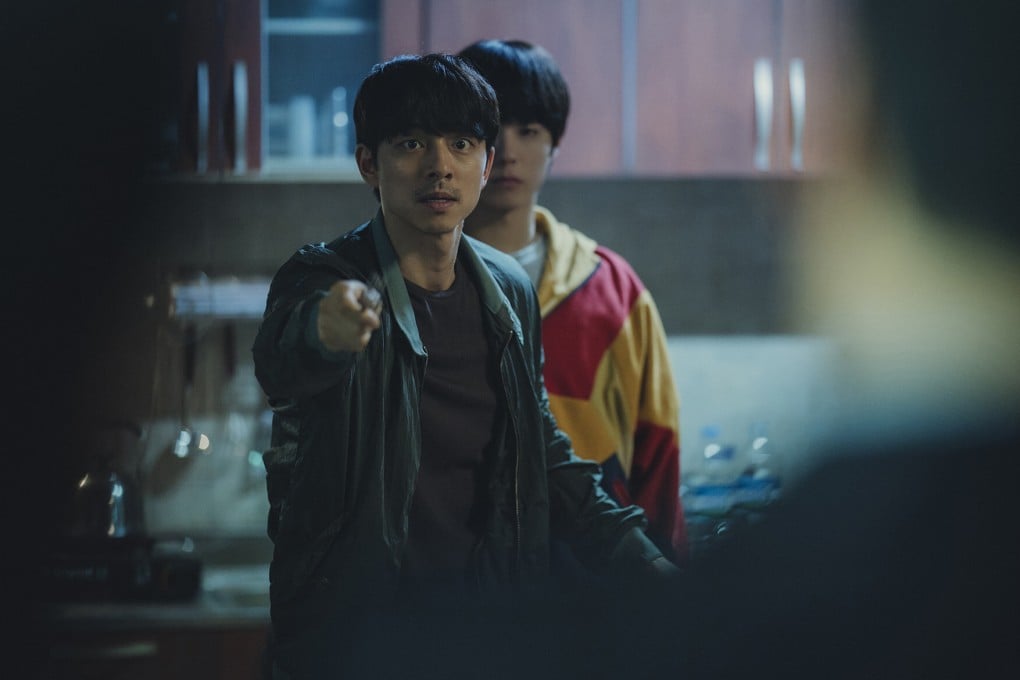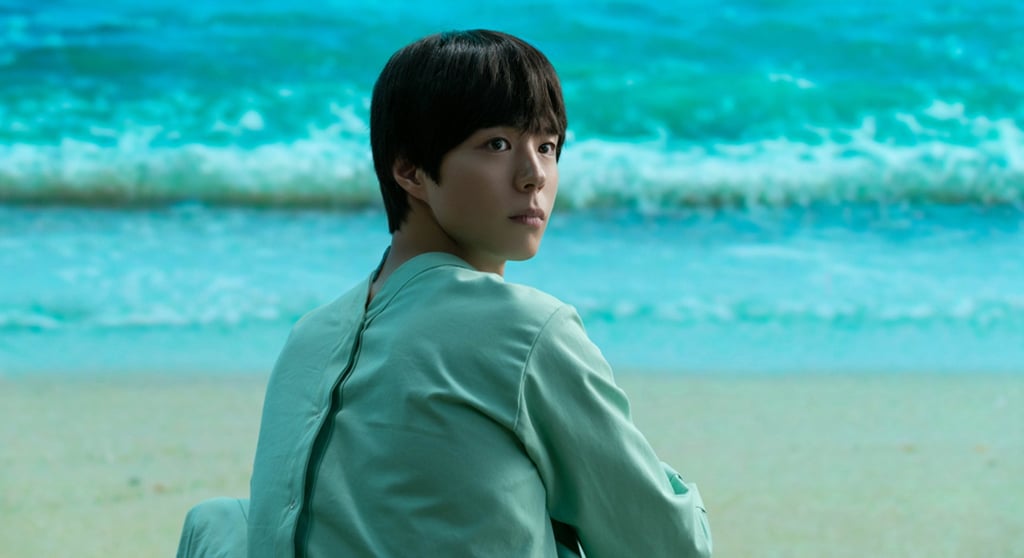Review | Seobok movie review: Gong Yoo, Park Bo-gum in Korean sci-fi thriller that plays like a rambling, quasi-philosophical road movie
- Despite having all the elements of a hi-tech thrill ride, Seobok falls well wide of the mark - not even its superstar pairing of heartthrobs Gong and Park can save it
- Director Lee Yong-joo does set the stage for some breathless, cerebral cinema, but it just never materialises

2/5 stars
Further proof that South Korea still has a way to go to create a truly successful science fiction film, Seobok is yet another quasi-philosophical melodrama masquerading as a futuristic action thriller. Not even the superstar pairing of heartthrobs Gong Yoo and Park Bo-gum can administer the life-saving adrenaline shot Lee Yong-joo’s rambling road movie so desperately needs.
It’s almost an achievement unto itself how wide of the mark Seobok falls, as all the necessary elements for a speculative hi-tech thrill ride are present and accounted for. Gong plays burnt-out former government operative Ki-han, who has been sidelined by a brain tumour that gives him crippling headaches and will eventually kill him. He is reluctantly coaxed back into the fold to babysit Seobok (Park), the world’s first human clone, whose DNA has life-preserving properties that could save humanity and cure Ki-han.
They are soon forced on the run from all number of shady government and special interests groups desperate to claim Seobok for themselves. The synthetic neophyte explores the outside world for the first time, and develops unforeseen, potentially lethal telekinetic powers, while weighing the value of his own life against the countless others his sacrifice could save.
But Seobok’s rapidly developing cells will overwhelm and destroy him unless he is administered with an excruciating injection into the base of his skull every 24 hours. Ki-hun’s tumour is also getting worse, as is the guilt of putting his own life before that of his artificially fabricated new friend. Add to that the ethical quandary surrounding the creation of a sentient vaccine farm in the first place, and the stage is set for some breathless, cerebral cinema… that never materialises.
Rather than explore the emergence of a man-made super-being, who wields the power both to create and destroy humanity, writer-director Lee has Ki-hun and Seobok drive from one end of the Han Peninsula to the other, just to look at a photograph. There’s a clumsy messianic metaphor struggling to take hold in the background of Seobok’s suffering, as the film inches its way lethargically towards a violent, effects-heavy climax that arrives way too late to be sufficiently gratifying.

Inevitably it is the all-too-familiar themes of mortality, family and corporate malfeasance that permeate to the surface as Lee defiantly steers his film headlong into a quagmire of ponderous, poorly articulated existential nonsense. Then again, we can at least all agree on one thing: life really is too short.